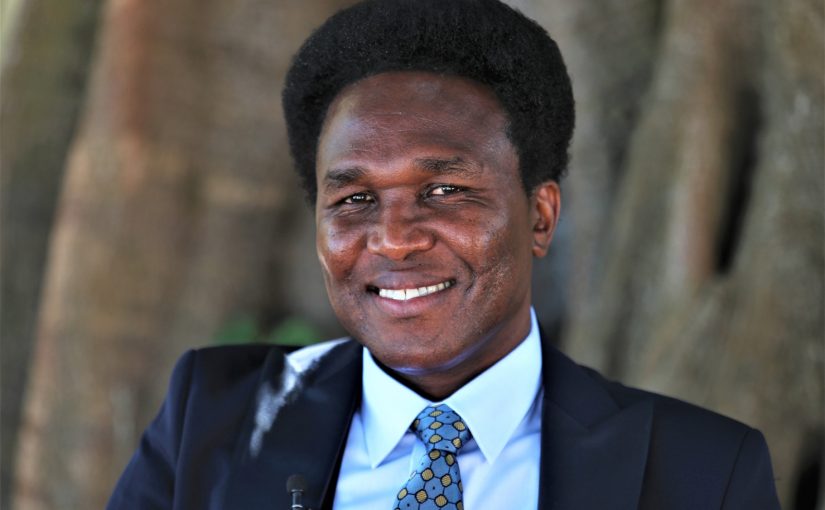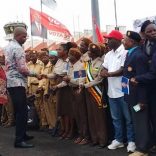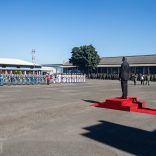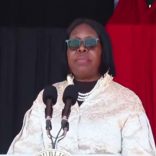Mozambique and Portugal reaffirm commitment to boost cooperation - AIM
One year on, Mondlane dreams of a semi-presidential constitution for Mozambique

File - For illustration purposes only. [File photo: Lusa]
Politician Venâncio Mondlane, who a year ago challenged Mozambique’s electoral process, has acknowledged the difficulty of taking the party he founded to elections, but “his dream” is to approve a new constitution with a semi-presidential system.
“My biggest dream, from the perspective of the political struggle, would be to have a new constitution in Mozambique. Not a series of piecemeal reforms. Mozambique needs a new constitution,” said the former presidential candidate in an interview with Lusa ahead of the general elections on 9 October 2024.
In August, Mondlane confirmed the legalisation of the National Alliance for a Free and Autonomous Mozambique (Anamola), the party he founded and has led since its launch last month, which is already preparing a proposal for constitutional revision.
“And we, at party level, together with several friends who are consultants, law professors from Angola, Portugal, Brazil, and some also from Mozambique, are currently almost at the final stage of the first draft of a possible democratic constitution for a future Mozambique,” he said.
“And that, for me, would perhaps be the culmination of my political career. If this were debated and perhaps approved, it would truly be gold over blue. But that, for me, is my greatest utopia,” he added.
As examples of what he advocates in a new constitution for Mozambique, he points to the political system.
“For me, it would be to have a semi-presidential system. From the outset, that would be extremely positive. From the perspective of justice, it would ensure financial autonomy and genuine independence of the judiciary from the government. Achieving this would be a huge step forward,” he explains.
In Mondlane’s view, who ran in 2024 with the support of Podemos — which became the largest opposition force — after leaving the Mozambican National Resistance (Renamo, until then the main opposition party), legislative reform should make parliament “productive.”
“It shouldn’t be a parliament that simply rubber-stamps the government’s legislative initiatives. It should become a legislative power in the true sense of the word,” he pointed out.
“If we managed to achieve these three strategic objectives in these three areas, I think that would be a significant step for Mozambique,” he adds.
This is why he justifies taking Anamola to the local elections in 2028 and the general elections in 2029 — in which he has already confirmed he will run again for president, if the party so decides — as a challenge, but not the biggest one.
“I wouldn’t say the biggest, but a very important one,” he concludes.
On 23 December 2024, two and a half months after the vote, the Constitutional Council proclaimed Daniel Chapo the winner of the presidential election, with 65.17% of the votes in the general elections on 9 October. Venâncio Mondlane came second with 24% and never acknowledged the results.
Around 400 people died as a result of clashes with police and post-election unrest contesting the announced results, which escalated into widespread looting of businesses and public institutions, stoppages, and barricades on roads. The unrest ceased following meetings between Mondlane and Mozambican President Daniel Chapo on 23 March.












Leave a Reply
Be the First to Comment!
You must be logged in to post a comment.
You must be logged in to post a comment.